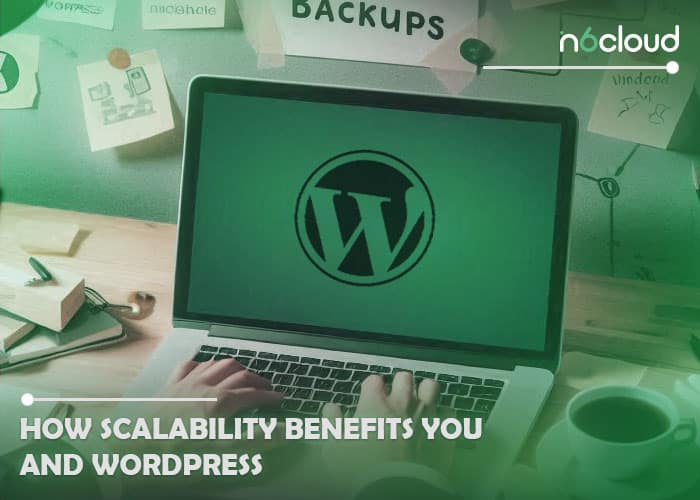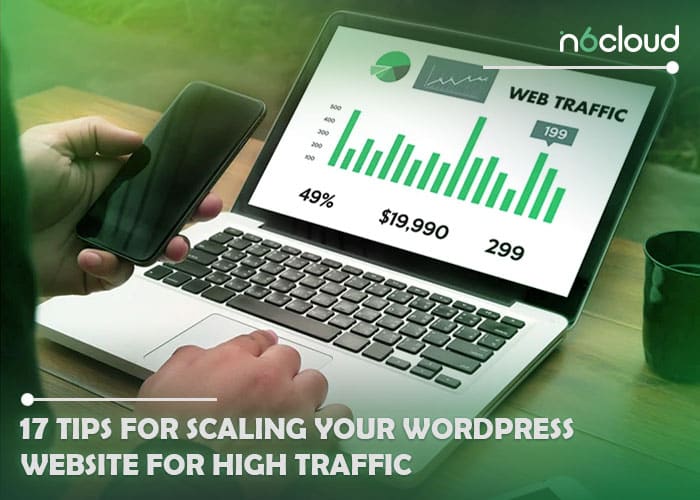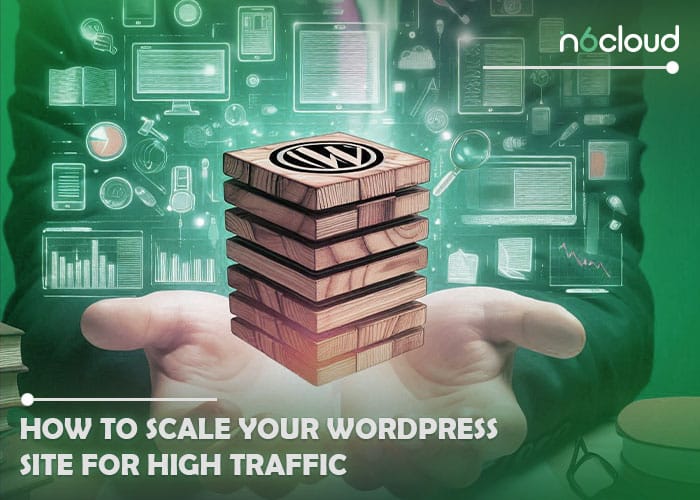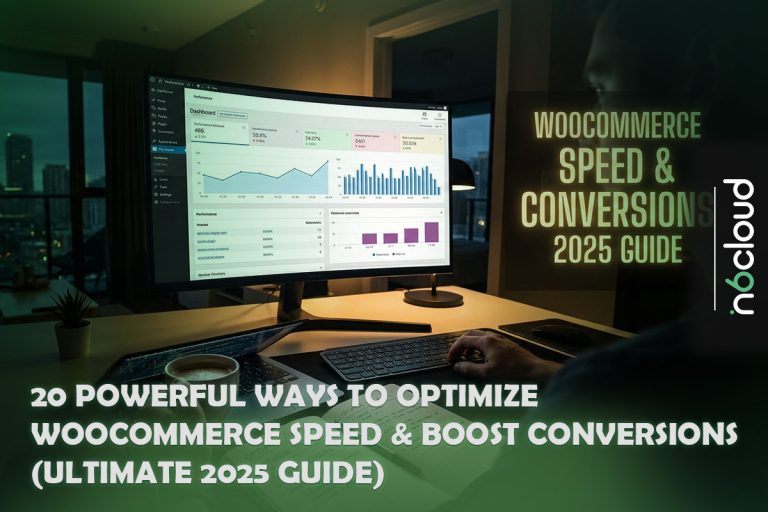the ability to scale your WordPress site effectively is crucial, especially when faced with high traffic. As your audience grows, you may encounter challenges related to performance, speed, and user experience. Consequently, understanding how to manage increased traffic without compromising quality is essential for maintaining your site’s credibility and ensuring user satisfaction.
How High Traffic Affects Your Site and the Need for Scalability
High traffic can significantly impact your WordPress site’s performance. When too many users visit your site simultaneously, it can lead to slow load times, crashes, and ultimately a poor user experience. Additionally, search engines may penalize sites that don’t perform well, affecting your SEO rankings.
Why You Need Scalability:
- User Retention: A slow website can deter visitors, increasing your bounce rate.
- SEO Benefits: Improved performance can lead to better search rankings.
- Resource Management: Scalability allows you to allocate resources effectively based on traffic demand.
How Scalability Benefits You and WordPress
Scalability helps ensure your WordPress site can handle sudden spikes in traffic efficiently. By implementing scalable solutions, you can adjust resources as needed, providing a seamless experience for your users.
WordPress Scalability:
WordPress is inherently scalable, but its performance largely depends on your hosting environment, themes, plugins, and overall architecture. With the right strategies, WordPress can support thousands of simultaneous users.

17 Tips for Scaling Your WordPress Website for High Traffic
As your WordPress website grows in popularity, managing high traffic becomes a crucial aspect of maintaining optimal performance and user experience. Consequently, failing to prepare for increased visitor numbers can lead to slow load times, downtime, and ultimately, loss of potential customers. Fortunately, there are several effective strategies to scale your WordPress site, ensuring it remains responsive and reliable even during peak traffic periods. Below, we outline 19 essential tips that will help you enhance your site’s scalability and performance.
- Choose a Reliable Hosting Provider: Opt for a hosting solution that specializes in WordPress and can offer scalability options, such as managed WordPress hosting.
- Use a Content Delivery Network (CDN): A CDN distributes your content across various servers globally, reducing latency and speeding up load times for users far from your server.
- Optimize Images and Media: Compress images to reduce file size without sacrificing quality, improving load times.
- Implement Caching Solutions: Use caching plugins like W3 Total Cache or WP Super Cache to store static versions of your pages, reducing server load.
- Minify CSS, JavaScript, and HTML: Reduce file sizes by eliminating unnecessary characters, improving load speed.
- Utilize Lazy Loading: This technique delays loading images and videos until they’re in the viewport, enhancing initial load times.
- Monitor Traffic and Performance: Use tools like Google Analytics and GTmetrix to track performance and identify bottlenecks.
- Regularly Update Themes and Plugins: Ensure all components are up-to-date to leverage performance improvements and security patches.
- Optimize Your Database: Regularly clean up your database by removing unnecessary data, such as post revisions and spam comments.
- Limit the Use of External Scripts: Too many external scripts can slow down your site. Keep them to a minimum.
- Implement a Load Balancer: Distribute incoming traffic across multiple servers to enhance performance and reliability.
- Consider Using a Dedicated Server: For high-traffic sites, moving to a dedicated server can provide the resources necessary for handling large volumes of traffic.
- Utilize Asynchronous Loading for Scripts: Load JavaScript files asynchronously to prevent them from blocking other elements on your page.
- Reduce Server Response Time: Optimize your web hosting setup to ensure your server responds quickly to requests.
- Review Third-Party Services: Ensure that any third-party services (like payment gateways) are optimized for speed.
- Enable Gzip Compression: This can significantly reduce the size of your HTML, CSS, and JavaScript files sent over the network.
- Optimize Your WordPress Theme: A lightweight and optimized theme can improve site performance.

Best Hosting Solutions for High Traffic Website
When selecting hosting for high-traffic WordPress sites, consider the following options:
- Managed WordPress Hosting: This type of hosting, offered by companies like N6 Cloud, includes built-in performance optimizations tailored for WordPress.
- VPS Hosting: Virtual Private Servers provide dedicated resources for your site, enabling better performance during traffic spikes.
- Cloud Hosting: Services like N6 Cloud offer scalable solutions that adjust resources based on demand, making them ideal for fluctuating traffic levels.

Effective Security Measures for Heavy Traffic Website
Security is critical, especially under high traffic conditions. Here are some strategies:
- Implement Firewalls: Use a Web Application Firewall (WAF) to block malicious traffic before it reaches your site.
- Use Security Plugins: Plugins like Wordfence or Sucuri can provide additional layers of security.
- Regular Security Audits: Conduct regular checks to identify vulnerabilities and address them promptly.
- Limit Login Attempts: Prevent brute force attacks by limiting the number of login attempts.

Discover WordPress Scalability with N6 Cloud
N6 Cloud offers advanced scalability solutions tailored for WordPress sites. With options for automatic resource adjustment based on traffic, N6 Cloud ensures your site remains fast and responsive, regardless of demand. Features include managed backups, security monitoring, and expert support, making it an ideal choice for growing businesses.

Conclusion
In summary, scaling your WordPress site for high traffic is essential for maintaining performance, security, and user satisfaction. By implementing strategies such as optimizing resources, using CDN, and selecting the right hosting solutions, you can effectively manage increased traffic. Remember, consistent monitoring and updates are crucial in sustaining a seamless user experience. Embrace these strategies today to ensure your WordPress site remains robust and efficient in the face of high traffic.
Can a WordPress website handle high traffic?
Yes, a WordPress website can handle high traffic effectively, but it requires proper optimization and hosting solutions. By implementing strategies like caching, using a CDN, and selecting robust hosting, WordPress can manage large volumes of visitors.
Are there any specific plugins for managing high traffic on WordPress?
Yes, several plugins can help manage high traffic, including caching plugins like W3 Total Cache and WP Super Cache, performance optimization plugins like WP Rocket, and load management plugins such as Jetpack or Cloudflare.
How does caching help in scaling a WordPress site?
Caching significantly improves the performance of a WordPress site by storing static versions of pages and reducing server load. When a user visits your site, the cached version loads quickly, minimizing database queries and enhancing user experience during high traffic periods.



